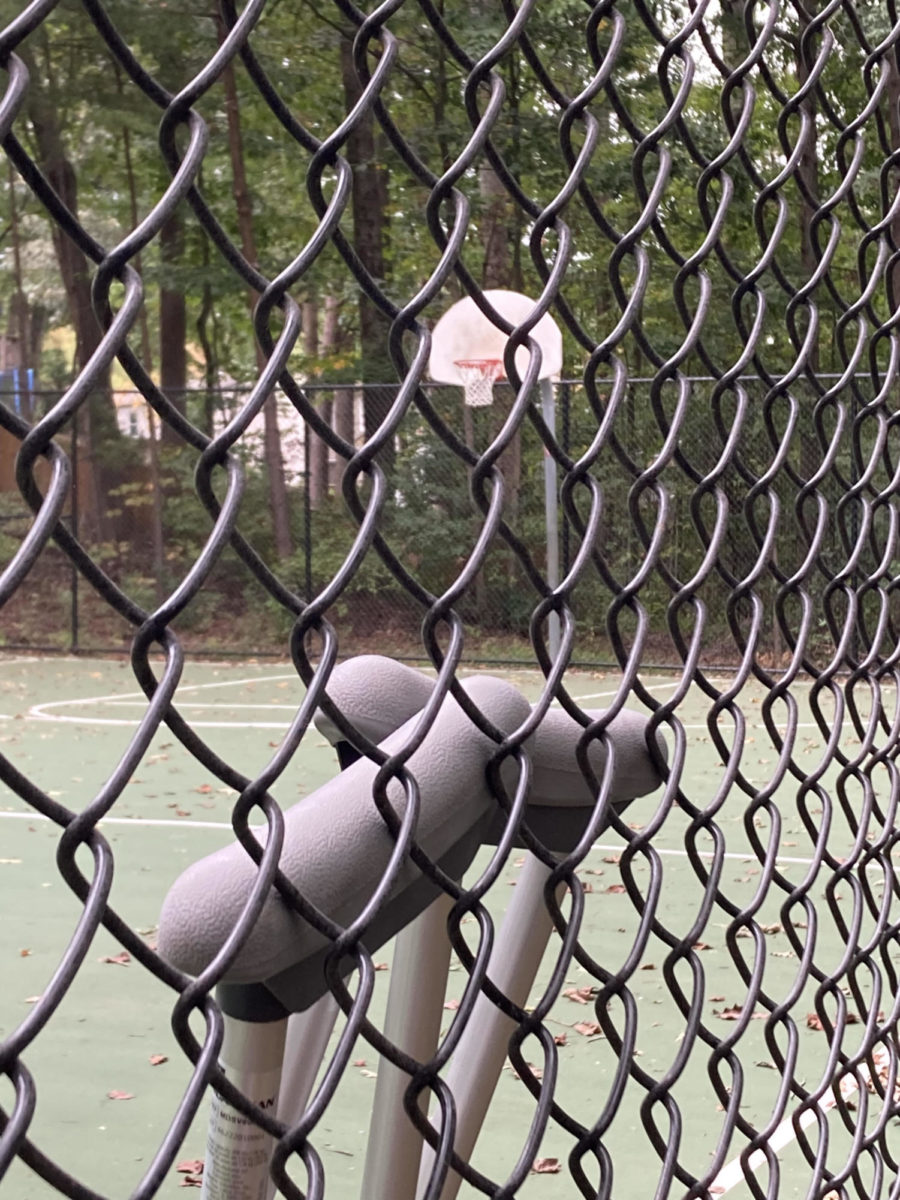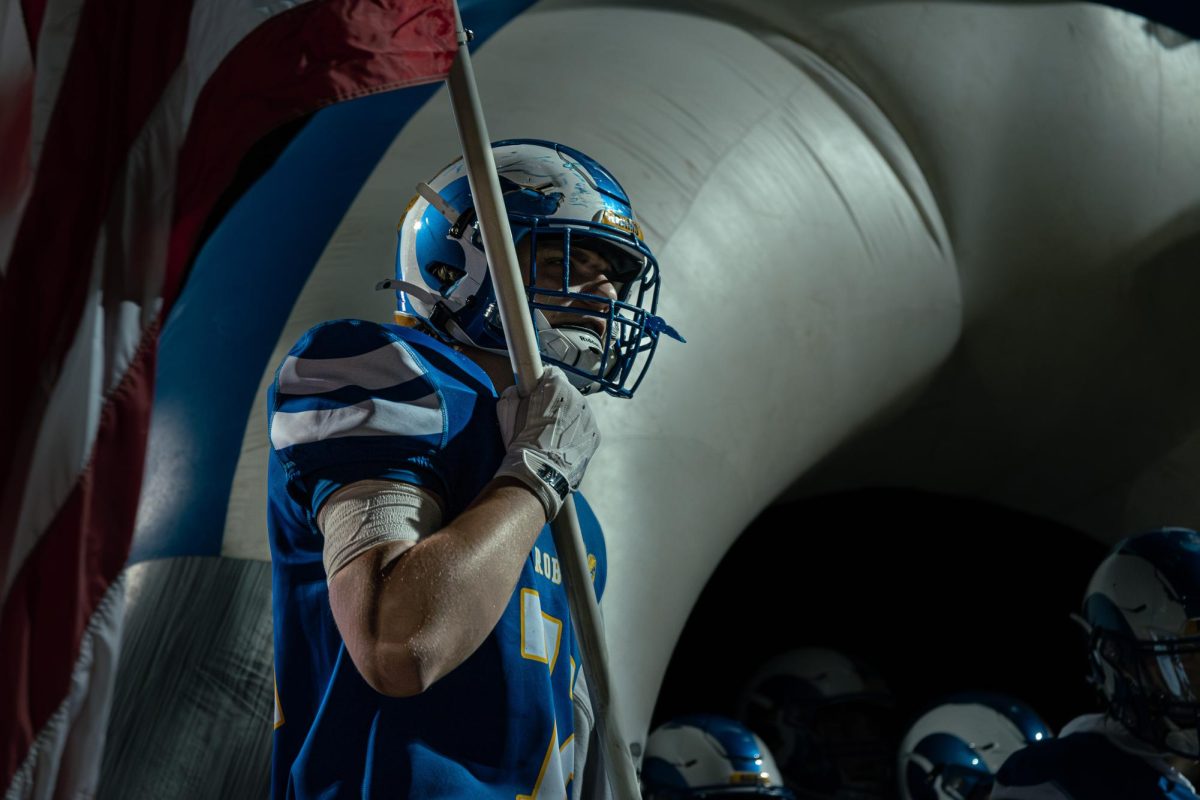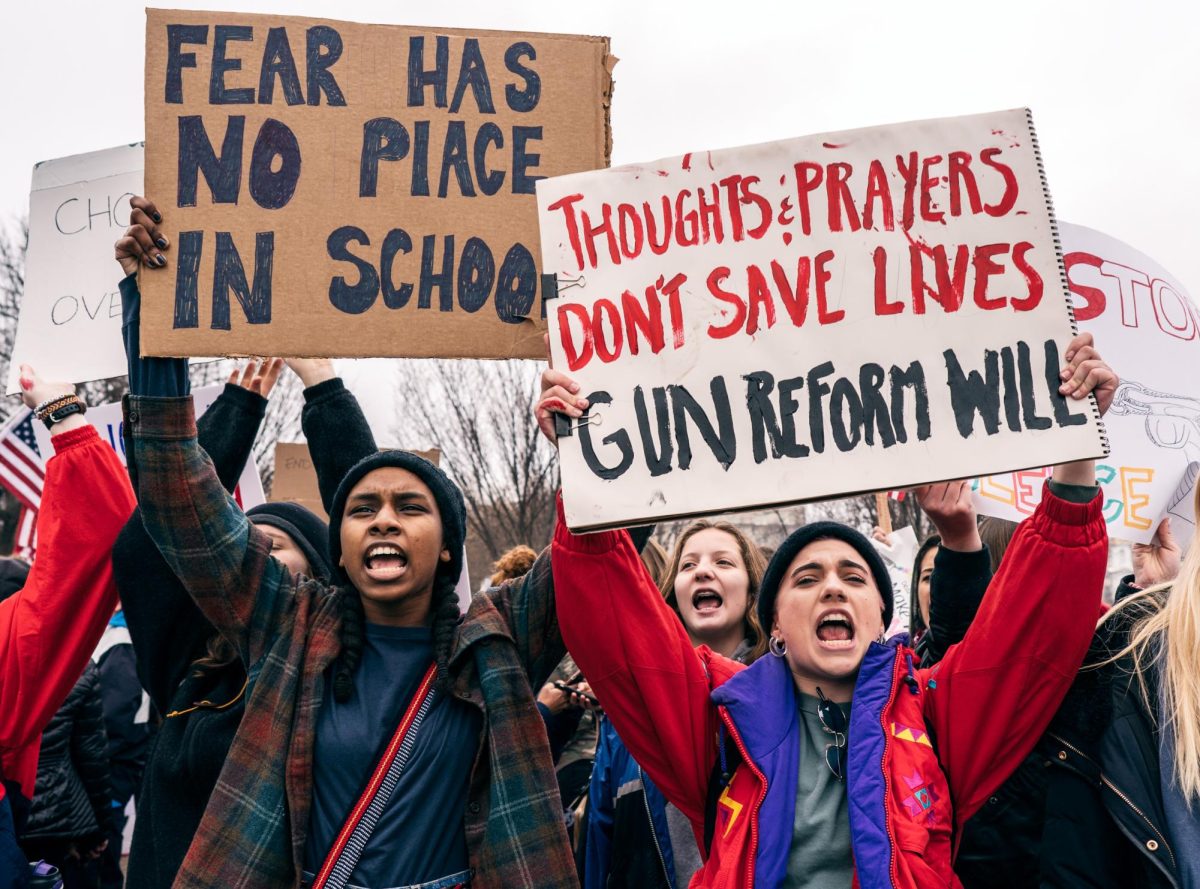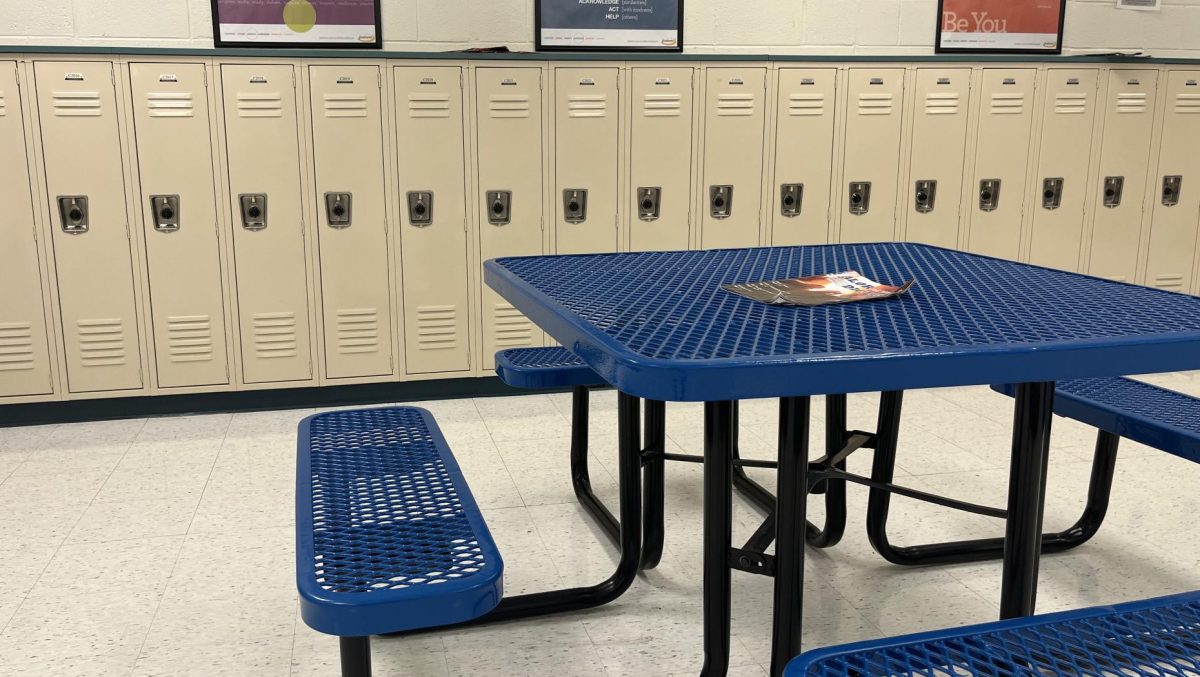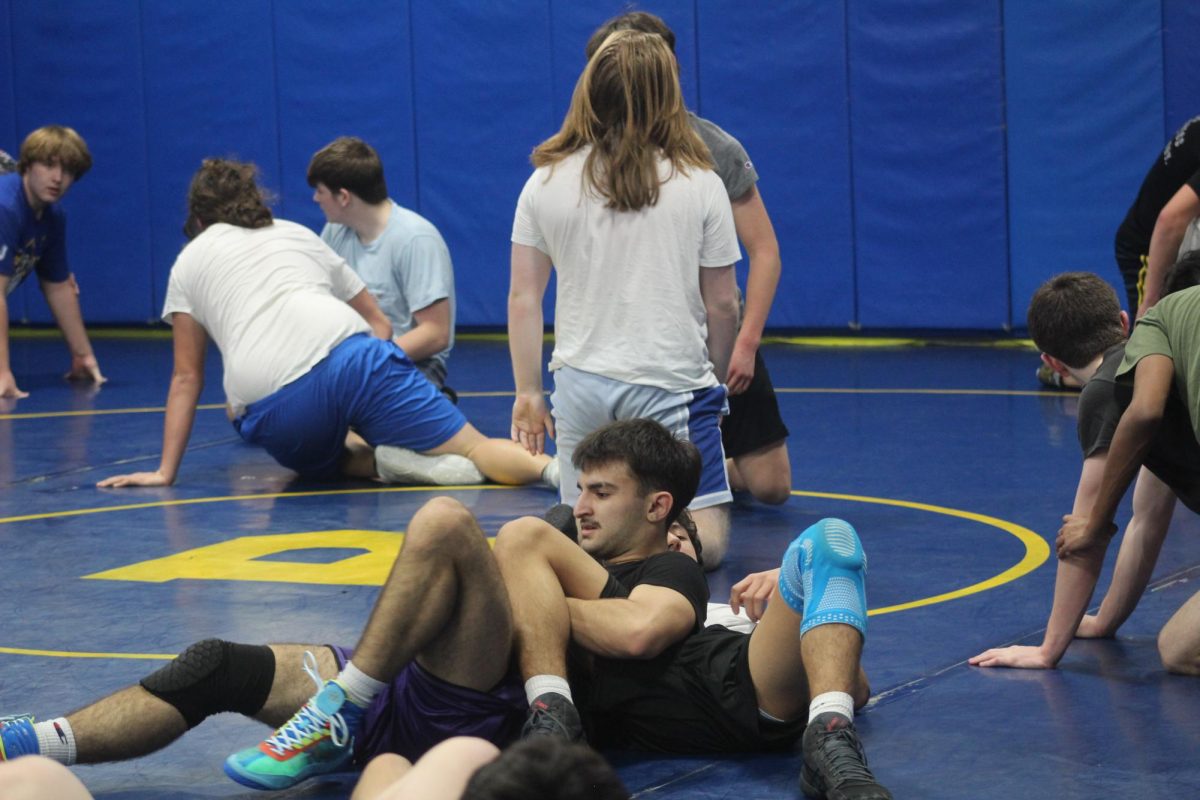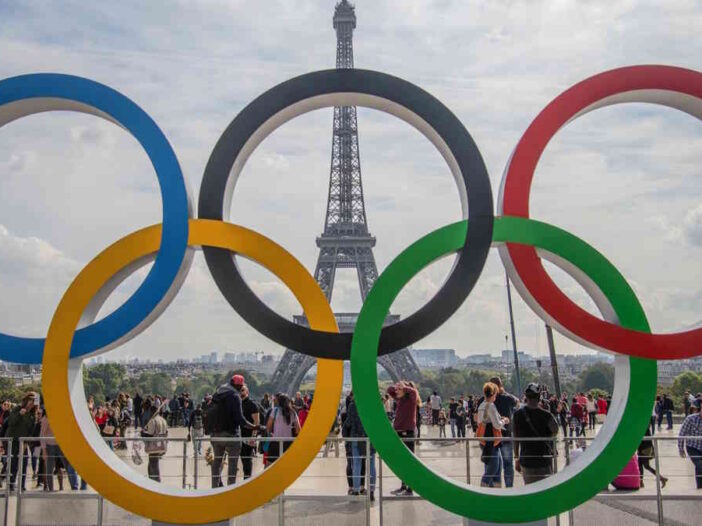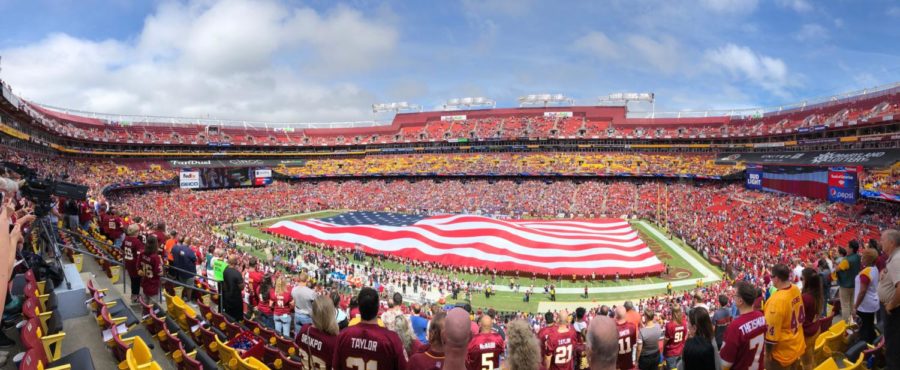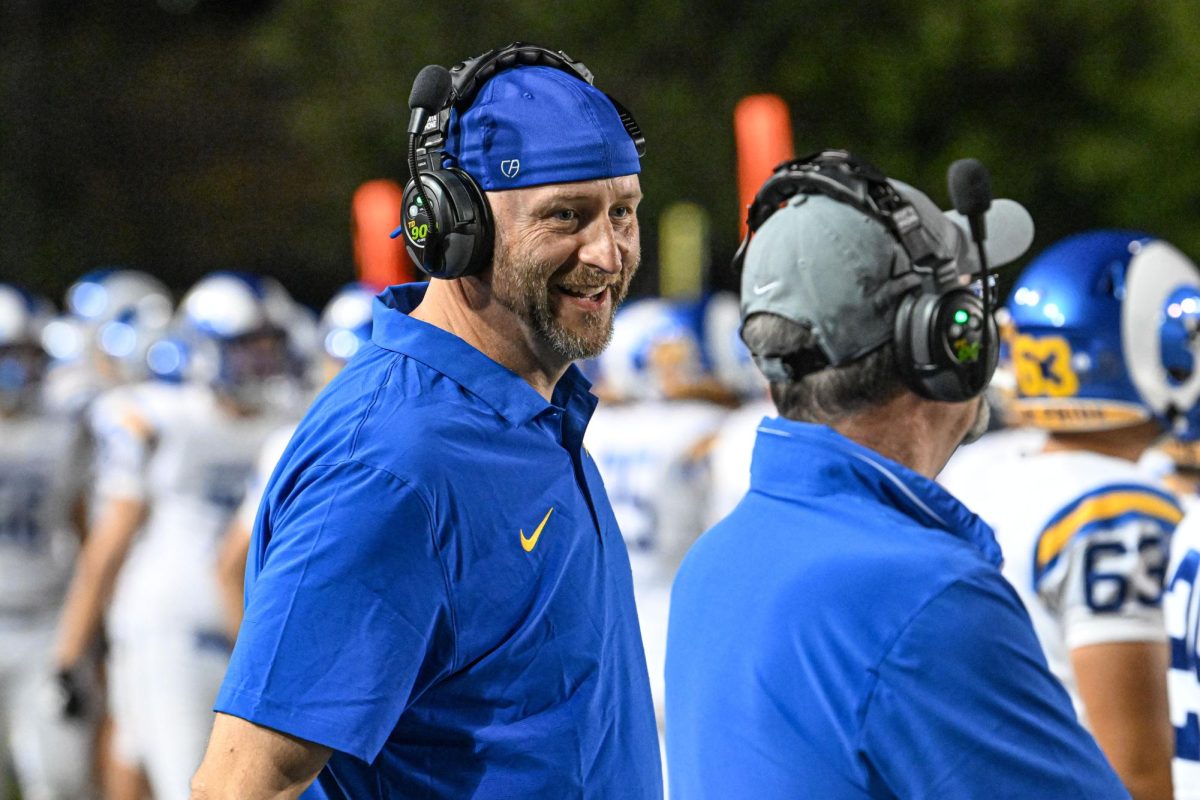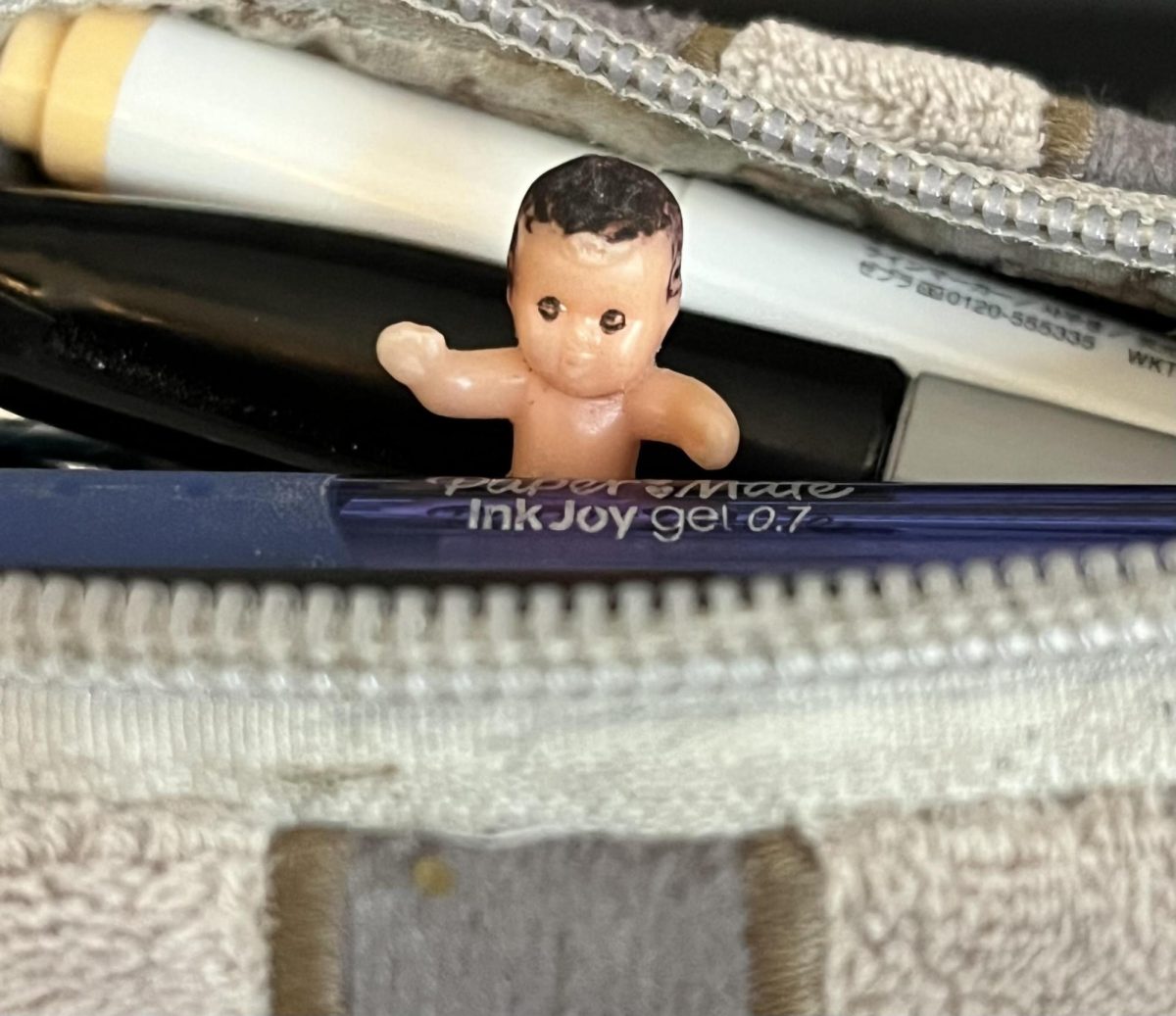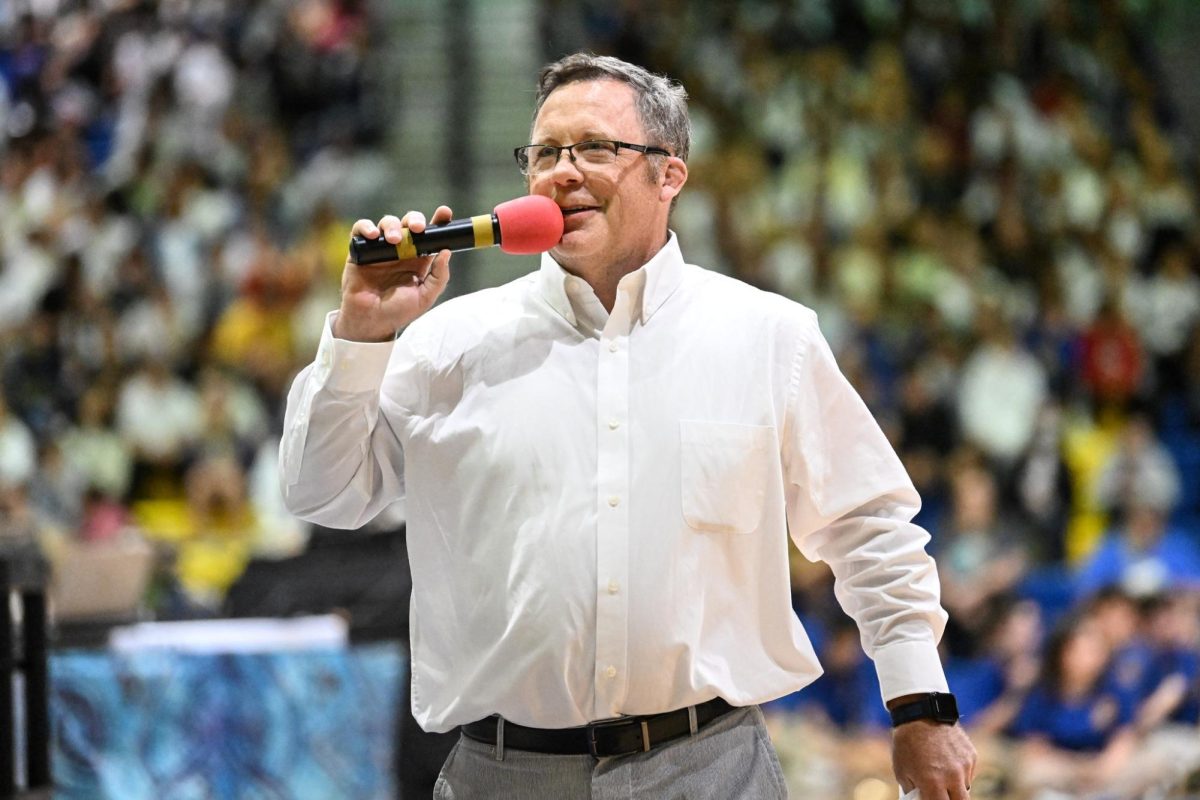Every year, nearly 8 million students participate in some form of high school athletics. But for almost a quarter of them, their seasons will be disrupted by injury. Ranging from minor accidents such as sprains to serious trauma ending in hospital visits or surgery, the struggles of an injury can leave lasting effects on an athlete’s physical and mental state.
The challenges of balancing athletics, health, and school are felt in the Robinson community, as 73% of Robinson student-athletes surveyed claimed to have dealt with an injury during the school year. “It’s hard to balance injuries with schoolwork,” said senior Cate Uptmor. “I still have to go to practice even if I’m hurt, it’s very draining. Sometimes you get home and you don’t want to do anything, but you have a lot of work to do.”
On the other hand, some find that their schedule lightens without a sport. “It’s tough not being able to play,” junior Dom Thiemann said. “But it helps you focus on improving yourself mentally instead of physically. I found other things that I enjoyed doing, I read more, I studied more. [Injuries] actually helped me improve my grades.”
But missing time playing the sport they love is a fatiguing experience for every athlete. “It can be tough hearing everyone talk about their sport or losing a game, but you would rather be losing a game than not playing at all,” added Uptmor. The feeling of returning to one’s sport after missing time with injury is a great moment for any student-athlete. “I was so excited to be back [on the field],” said Thiemann.
While student-athletes work tirelessly to improve and restore their physical health, their mental health could go unnoticed as a result. Studies show that injuries causing students to miss prolonged periods of time from their sport can lead to depression, anxiety, and heightened stress. “It’s hard when you aren’t able to exercise or perform the sport you love,” said senior Mirana Aoun. “Your mental health can definitely decline.”
The pressure placed on young athletes, whether by themselves or others, can wear on their developing minds and bodies. Senior Siena Jacobson said, “It’s easy to look at how behind you are [after an injury] and put extra pressure on yourself to get back to where you were before.” Additionally, high expectations placed on students by parents or coaches is an extreme detriment to a recovering athlete. “I felt pressure from my parents to recover faster and I didn’t want to disappoint them,” said an anonymous student. “It causes a lot of stress to be better.”
As the demands of synchronous athletics and academics can be a lot to manage for student-athletes, it’s important to be aware of your overall health and pay just as much attention to your mind as you would to any injuries. Don’t hesitate to reach out to friends, trusted adults, or doctors to get the best care for what you need.



